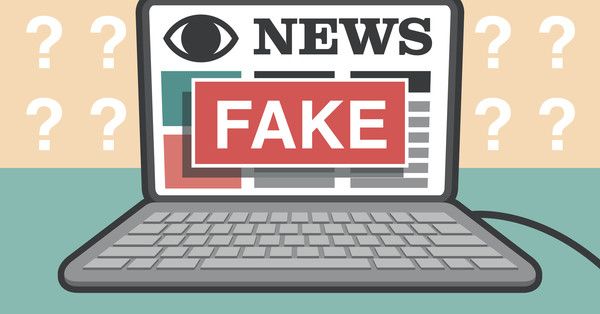#7 — More than 11,000 people are paying for email newsletters!
Business models
Here’s what two researchers found in a yearlong quest for journalism innovation
Getting insight into the state of the wider media industry is hard because publishers tend to be fairly cagey about any meaningful statistics, but this report from Nieman Lab is fantastic as it investigates 54 newsrooms across 9 countries.
One big trend they noticed is that people are hugely interested in moving from ‘flock to club’ when reading the news, and want to join inner circles around news media rather than huge anonymous flocks of people. A fascinating shift, particularly when you consider that the same companies abandoned comments not that long ago.
Other trends include the shift away from neutrality to strong identities, moving from physical journalism to 'live’ journalism where events are important and, unsurprisingly, making listening at the core of the meda business to invite readers in and be a part of the story.
What’s clear from this and should be the takeaway is that the media business is quickly moving to a niche-focused industry, where a one-size-fits-all behemoth doesn’t function anymore. Everyone is trying something different, and there are many ways to succeed, but it’s a huge shift for every side of the equation.
More than 11,000 people are paying (yes, paying) for email newsletters
Newsletters and monetization appear to go hand-in-hand if Substack’s success to date is any indication, with the company growing its creator base and successfully convincing users to pay subscription fees to get email updates despite only launching in late 2017.
Substack, an email newsletter platform, says it’s succeeding with monetization of newsletters for creators. On average, subscribers are paying just under $80 per year and 40 or so indie publishers with paid offerings are making real money.
Fresh ideas

The Guardian finds less polished video works better on Instagram Stories
Few of us really think about Instagram as a news platform, but some are trying to make it work. Media businesses tend to try and cram the same content into every platform they use, but The Guardian is trying something new: making its video worse for Instagram.
The promises and pitfalls of reporting within chat apps
Despite writing just a section earlier about the industry opening the flood gates and bringing readers closer, the BBC brings a tale of why this can cause problems in the reporting process.
WTF?

Facebook isn't ready to handle fake news
This week Facebook held a special event for press to tout its efforts to stem the tide of fake news, but the event quickly fell apart when the company refused to actually do something about actual fake news.
A CNN reporter asked Facebook during a Q&A component why the infamous Infowars page, which writes polarizing conspiracy theories and outright fake news and is still allowed to use the platform. John Hegeman, Head of News Feed gave this incredible response:
“It’s true that we take down things that are calling for violence/hate speech but I guess just for being false, that doesn’t violate our Community Standards.”
The takeaway: Facebook doesn’t like fake news, but it’s not willing to actually take a stance or do anything meaningful, but will only demote individual posts. That means the problem won’t go away, and the entire million-dollar ’fake news is not your friend’ ad campaign was for naught.
Reporter dismissed one month into BBC-funded role after ‘council complaint’ over his appointment
A local reporter considered to be critical of the council he was hired to report on was let go after the same government pressured the BBC to let him go. The BBC funds these roles to help keep local journalism alive, but apparently that’s only if those writers are willing to be nice and stay in line.






